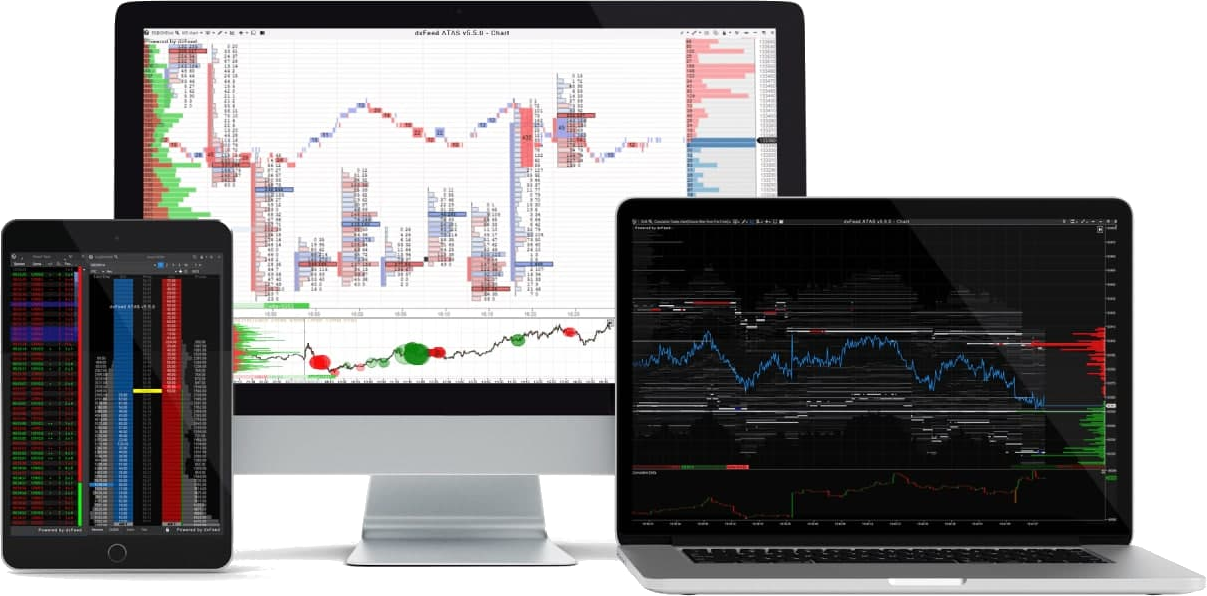Commerzbank proves high resilience in EBA stress test
|
EQS-News: Commerzbank Aktiengesellschaft
/ Key word(s): Miscellaneous
In this year’s stress test conducted by the European Banking Authority (EBA) and the European Central Bank (ECB), Commerzbank has once again proven its resilience, despite extremely challenging scenarios, and has improved its result compared to the last EBA stress test in 2023. In the so-called adverse stress test scenario, the Common Equity Tier 1 ratio (CET1 ratio) reached 9.6% at the end of the stress test horizon in 2027. Assuming a massive and extended economic downturn in Germany, a significant increase in the unemployment rate, and a markedly altered interest rate environment, Commerzbank’s CET1 ratio (fully-loaded) had decreased by 412 basis points over the three-year stress period. In the 2023 stress test, the CET1 ratio had fallen by 464 basis points to 9.5%. In the context of the European implementation of the Basel capital requirements ("Finalization of Basel III"), the CET1 ratio for this year's stress test had to be considered under both the "fully-loaded" and "transitional" regimes. The fully-loaded regime already assumes a complete phase-in of the EU transitional regulations valid until the end of 2032, including the elimination of temporary relief measures. Under the transitional regime, where the EU transitional regulations applicable during the simulation period can still be applied to determine risk-weighted assets, the CET1 ratio decreased by 484 basis points to 10.5% at the end of the stress test horizon in 2027. “We have once again improved our result in this year's EBA stress test in an extraordinarily challenging macroeconomic scenario. This is evidence of Commerzbank's high resilience and highlights our profitability,” said Bernd Spalt, Chief Risk Officer. “Our customers can rely on us even in challenging times. We demonstrate this not only through the hypothetical EBA stress test but also every day during times of real stress, which are currently characterised by global trade conflict, wars in Europe and the Middle East, and a persistently weak global economy. Commerzbank has sufficient buffers to absorb all of these burdens and continue to drive its profitable growth.” In the adverse scenario, which covers the period from 2025 to the end of 2027, a severe recession in Germany is assumed, accompanied by increased inflation due to massive energy price shocks. Export-oriented industries and energy-intensive sectors, which the German economy heavily relies on, are particularly affected. These factors cumulatively lead to a significant decline in the gross domestic product by 7.5% over three years (stress test 2023: -6.4%). The stress test was conducted based on a static balance sheet assumption using the financial figures as of the end of 2024 and did not take account of any current or future business strategies and management initiatives. It is also not a forecast of Commerzbank's profits. The results of the stress test feed into the Supervisory Review and Evaluation Process (SREP). You can find more information on the publication of the EBA on 1 August 2025 here.
Press contact Investors’ contact
About Commerzbank Disclaimer
01.08.2025 CET/CEST Dissemination of a Corporate News, transmitted by EQS News - a service of EQS Group. |
| Language: | English |
| Company: | Commerzbank Aktiengesellschaft |
| Kaiserstraße 16 | |
| 60311 Frankfurt am Main | |
| Germany | |
| Phone: | +49 (069) 136 20 |
| Fax: | - |
| E-mail: | newsroom@commerzbank.com |
| Internet: | www.commerzbank.de |
| ISIN: | DE000CBK1001 |
| WKN: | CBK100 |
| Indices: | DAX, CDAX, HDAX, PRIMEALL |
| Listed: | Regulated Market in Frankfurt (Prime Standard); Regulated Unofficial Market in Berlin, Dusseldorf, Hamburg, Hanover, Munich, Stuttgart, Tradegate Exchange |
| EQS News ID: | 2178424 |
| End of News | EQS News Service |
|
|
2178424 01.08.2025 CET/CEST







